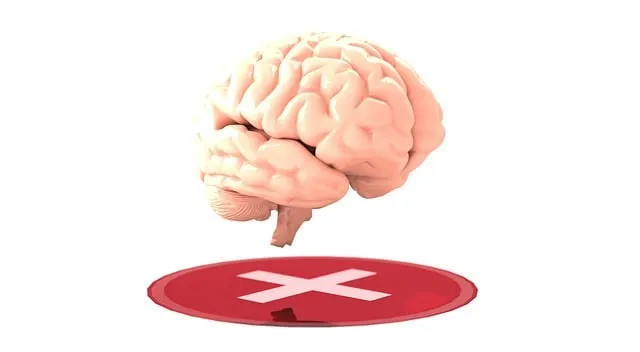The Kaiser Permanente mental health center in Centennial prioritizes crisis intervention with a holistic approach, focusing on resilience building and tailored solutions. Trained professionals utilize evidence-based methods like Mood Management and Social Skills Training to empower individuals with coping skills for current and future challenges. Post-crisis support includes specialized programs such as group therapy, depression prevention strategies, and trauma support, catering to diverse psychological needs and fostering community connection for long-term mental well-being.
At the Kaiser Permanente Mental Health Center Centennial, crisis intervention plays a pivotal role in supporting individuals facing emotional or psychological distress. This article explores essential strategies for effective crisis management, drawing insights from the center’s best practices. We delve into understanding crisis intervention and highlight key techniques that have proven successful in handling such situations. Additionally, we discuss post-crisis support and recovery methods, offering valuable guidance for both professionals and caregivers.
- Understanding Crisis Intervention at Kaiser Permanente Mental Health Center Centennial
- Key Strategies for Effective Crisis Management
- Post-Crisis Support and Recovery Techniques
Understanding Crisis Intervention at Kaiser Permanente Mental Health Center Centennial

At Kaiser Permanente Mental Health Center Centennial, crisis intervention is a cornerstone of their comprehensive mental health services. The center recognizes that crises can arise unexpectedly and significantly impact an individual’s well-being. Therefore, they have developed structured strategies to provide immediate support and effective long-term solutions.
The approach focuses on understanding the root causes of the crisis, which often involve complex emotional distress or sudden life changes. Trained professionals employ evidence-based practices such as Mood Management techniques, Social Skills Training, and Communication Strategies to help individuals regain a sense of control. These strategies not only address the immediate crisis but also equip individuals with valuable tools for resilience and future prevention.
Key Strategies for Effective Crisis Management

At a Kaiser Permanente mental health center Centennial, effective crisis management involves a multi-faceted approach leveraging key strategies that foster resilience and promote swift recovery. One of the primary methods is resilience building, empowering individuals to cope with challenging situations by strengthening their emotional and psychological fortitude. This includes teaching self-care practices tailored to individual needs, ensuring individuals have the tools to manage stress and maintain mental well-being during crises.
Additionally, coping skills development plays a crucial role in crisis intervention. Centering on evidence-based techniques, such as mindfulness, cognitive reframing, and problem-solving strategies, these skills equip individuals with proactive measures to navigate distressing events. By combining resilience building, self-care practices, and coping skills development, Kaiser Permanente mental health centers Centennial offer comprehensive guidance that enables individuals to not only survive but also thrive following a crisis.
Post-Crisis Support and Recovery Techniques

Post-crisis support plays a pivotal role in an individual’s recovery journey. Following a traumatic event, accessing tailored mental health services becomes essential for healing and rebuilding resilience. The Kaiser Permanente mental health center in Centennial offers specialized programs designed to provide ongoing care and support. These services cater to various psychological needs, ensuring individuals can navigate the complexities of post-traumatic stress and emotional turmoil effectively.
One key aspect is fostering a sense of community and connection, which is vital for those recovering from crises. Group therapy sessions at the center encourage participants to share their experiences in a safe space, promoting peer support and understanding. Additionally, depression prevention strategies and anxiety relief techniques are integral parts of the recovery process, empowering individuals with coping mechanisms to manage their mental well-being in the long term. Trauma support services, tailored to meet individual needs, further reinforce the center’s commitment to comprehensive care.
Crisis intervention strategies, as implemented at Kaiser Permanente Mental Health Center Centennial, play a pivotal role in supporting individuals during their most vulnerable moments. By understanding the unique context of crisis management and employing effective techniques, such as active listening, safety planning, and post-crisis support, professionals can make a profound impact on those facing mental health challenges. Integrating these strategies into the fabric of Kaiser Permanente’s services ensures that patients receive comprehensive care, fostering recovery and resilience in a supportive environment.






